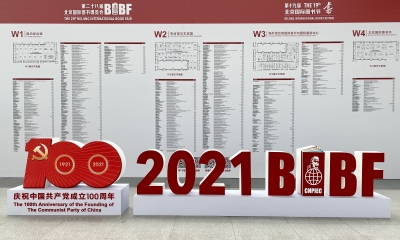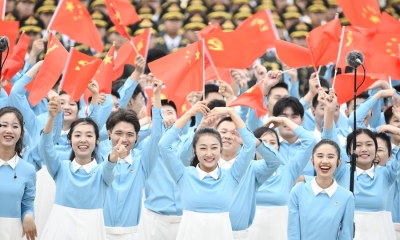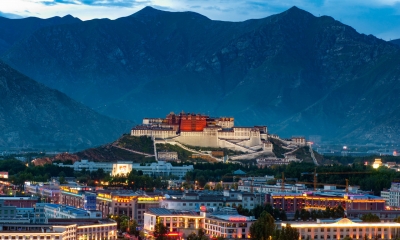Pelosi’s Taiwan Visit: A Step Too Far
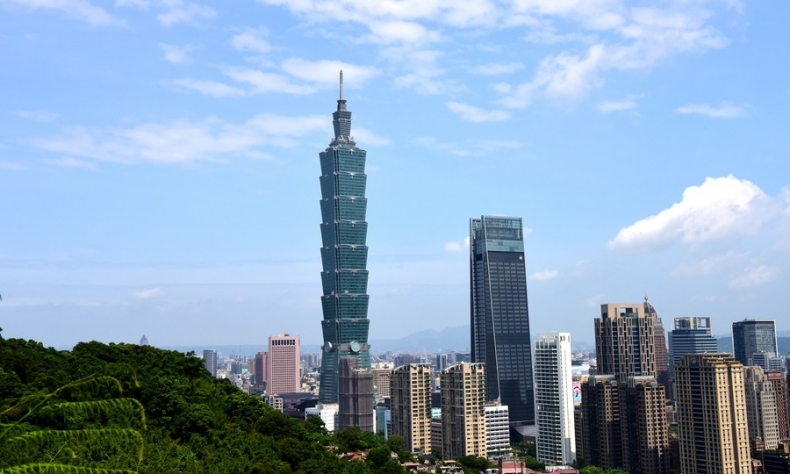
Is Washington willing to risk a military conflict with China rather than accept the reality that the days of American hegemony are coming to an end?
Just how far is Washington prepared to go to maintain its global hegemony?
Ever since the collapse of the former Soviet Union, the United States has reveled in exercising its unrivaled power on the global stage. Washington has launched wars without UN approval, planned coups d’état and sought to bring nations to their knees through crippling economic sanctions.
Today, however, the world is very different than it was a couple of decades ago. Leaders of all colors recognize that the post-Cold War world order is coming to an end and a new order is fast emerging.
During an address to the St. Petersburg International Legal Forum, Russian President Vladimir Putin said: “A multipolar system of international relations is now being formed. It is an irreversible process; it is happening before our eyes and is objective in nature.”
Likewise, former UK prime minister Tony Blair told an annual US-Europe gathering that the world is witnessing “the end” of western political and economic dominance. “The world is going to be at least bipolar and possibly multipolar,” he said.
As Blair and others recognize, “The biggest geo-political change of this century will come from China not Russia.”
A new Cold War?
China became the world’s largest economy by GDP purchasing power parity in 2014 and is likely to become the largest in nominal GDP terms by the end of this decade. It is the world’s number one trading partner and tops the global league tables in regard to patent applications and next-generation technologies such as 5G and 6G.
Threatened by China’s technological and economic rise, Washington has labeled China as the greatest threat to America and the west. “The People’s Republic of China poses the greatest threat to America today, and the greatest threat to democracy and freedom worldwide since World War II,” wrote the then Director of National Intelligence, John Ratcliffe, on the eve of President Joe Biden’s inauguration.
The Biden administration has since adopted this view and has taken major steps in an effort to contain China.
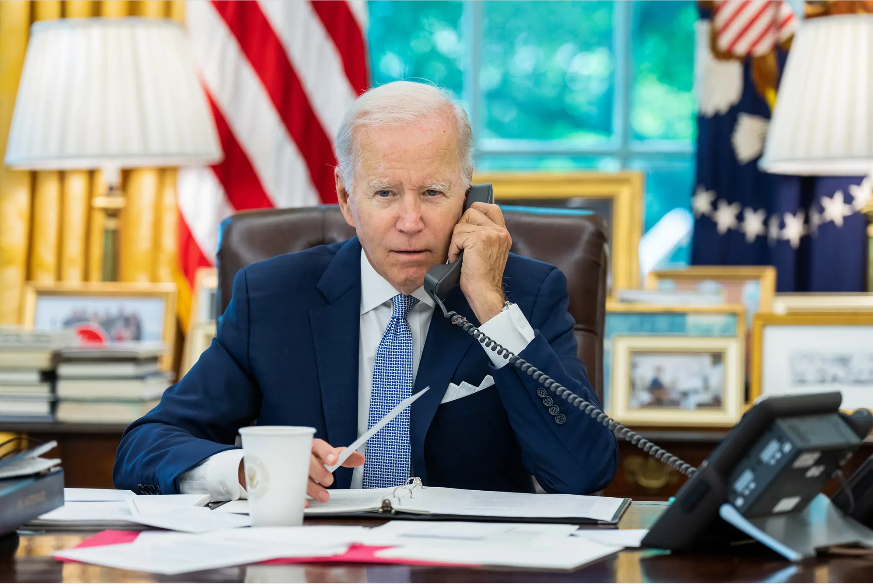
During his first press conference as President of the United States, Biden explained that his administration views the U.S.-China relationship as “A battle between the utility of democracies in the twenty-first century and autocracies.” Addressing the world’s media gathered in the White House, he said: “Your children and grandchildren are going to be doing their doctoral theses on the issue of ‘Who succeeded: Democracy or Autocracy?’… that is what is at stake.”
Continuing along this track, Biden used his first G7 summit to rally the world’s democracies into a new global alliance. Declaring that “America is back!”, Biden said: “I think we are in a contest … not with China per se, but with … autocratic governments around the world.”
Just last month, the U.S.-led NATO bloc labeled China as a “systemic challenge to Euro-Atlantic security.” In light of its new outlook, NATO updated its Strategic Concept document governing the alliance’s military and security strategy for the next decade. It stated: “China’s growing influence and international policies can present challenges that we need to address together as an Alliance.”
Explaining how the move will ultimately influence the bloc’s military strategy and operational activity, NATO chief Jens Stoltenberg stated that the alliance will step up cooperation with partners in the Indo-Pacific partners. To avoid any doubt about which nations Stoltenberg was referring to, leaders from Japan, South Korea, New Zealand and Australia were invited to participate in the 2022 NATO summit as observers for the first time.
“We are now in a Global Cold War,” Foreign Policy reported. “With NATO expanding its focus to China, new battle lines are being drawn.”
Nuclear proliferation?
Aside from risking a potentially catastrophic new Cold War, Washington has shown it is prepared to risk nuclear proliferation in order to contain China. Indeed, in September 2021, flanked by the leaders of the United Kingdom and Australia, President Biden announced the formation of AUKUS – a new U.S.-led military alliance pointed squarely at China.
As part of the arrangement, the U.S. and UK have agreed to provide Australia with nuclear submarines powered by weapons-grade enriched uranium. New Zealand and other nearby countries, as well as China and Russia, have opposed the AUKUS agreement on the grounds that any transfer of nuclear material to a non-nuclear state adversely affects the Treaty on the Non-Proliferation of Nuclear Weapons (NPT).
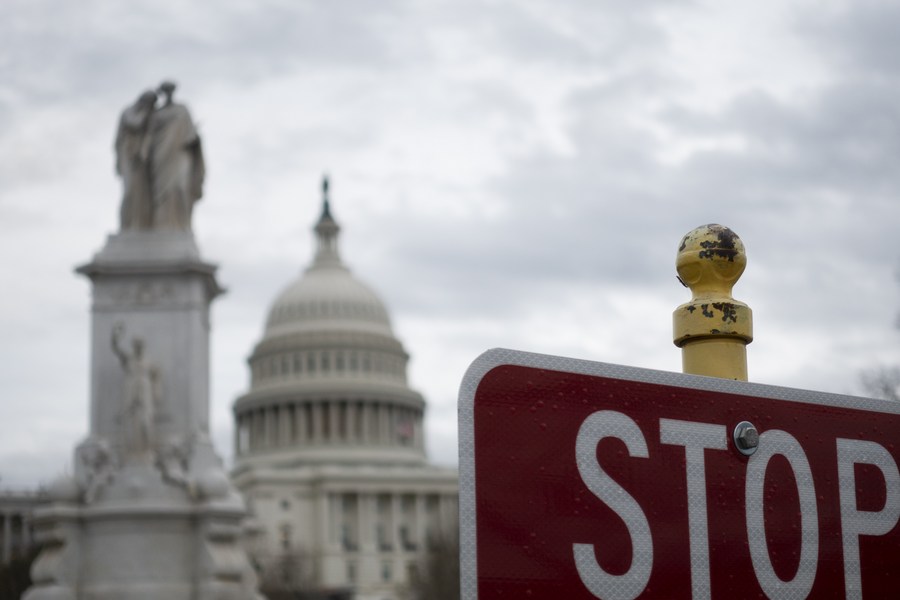
The move to supply Australia with weapons-grade nuclear material has also been condemned by nuclear scholars in the U.S. James M. Acton, co-director of the Nuclear Policy Program at the Carnegie Endowment for International Peace, warned that the deal sets a dangerous precedent.
“The nonproliferation implications of the AUKUS submarine deal are both negative and serious,” he said. “In the future, would-be proliferators could use naval reactor programs as cover for the development of nuclear weapons—with the reasonable expectation that, because of the Australia precedent, they would not face intolerable costs for doing so.”
Taiwan gamble
As if the potential of a new Cold War and nuclear proliferation wasn’t enough, Washington is now playing a high-stakes game of chicken by considering sending U.S. House Speaker Nancy Pelosi to Taiwan.
When news of the Pelosi trip was first announced, Beijing warned the move would seriously undermine China’s sovereignty and territorial integrity, adding that the United States would bear the consequences of its response. Foreign Ministry spokesperson Zhao Lijian confirmed, “China will take strong and resolute measures to safeguard its sovereignty and territorial integrity.”
Underlining how seriously Beijing views the situation, Chinese officials contacted the Biden administration through private channels to directly warn against the Speaker’s trip.
According to the Financial Times, the warnings were significantly stronger than anything Beijing has made in the past. Citing six people familiar with the communication, the FT reported that Beijing had warned of a possible military response.

Following Beijing’s sobering warning, the Pentagon advised against the trip. President Biden said that U.S. military officials believe it’s “not a good idea” for the visit to go ahead, but stopped short of suggesting Pelosi cancel her trip. “Well, I think that the military thinks it’s not a good idea right now… but I don’t know what the status of it is,” Biden said.
With the status of Pelosi’s visit still unconfirmed, U.S. military leaders are reportedly devising plans to respond to a potential Chinese military response should the visit go ahead. According to AP, U.S. officials have confirmed that in the event Pelosi does decide to visit Taiwan, the U.S. will increase its movement of military forces and assets in the Indo-Pacific.
Amid China-U.S. tensions reaching their highest level in decades, President Xi Jinping and President Biden held a “candid” telephone conversation on Thursday. According to Beijing’s readout, President Xi told his U.S. counterpart that the historical ins and outs of the Taiwan question are crystal clear: As recognized by the U.S. under the one-China principle, “both sides of the Taiwan Strait belong to one and the same China,” he said.
President Xi further warned that China’s 1.4 billion people will not tolerate any challenges to the country’s national sovereignty and territorial integrity adding that “Those who play with fire will perish by it.” It is hoped the U.S. will be clear-eyed about this, Xi added.
Given the inherent dangers in Pelosi visiting Taiwan, the question then remains: Is Washington willing to make the ultimate gamble premised on the belief that it can still do whatever it wants and get away with it? Or, put another way, is the Biden administration prepared to risk a military conflict with China rather than accept the reality that the days of American hegemony are coming to an end?”
For the sake of all involved, let us hope policymakers in Washington quickly come to terms with the new geopolitical reality and heed the warnings of their own military leaders.
The article reflects the author’s opinions, and not necessarily the views of China Focus.
 Facebook
Facebook
 Twitter
Twitter
 Linkedin
Linkedin
 Google +
Google +




